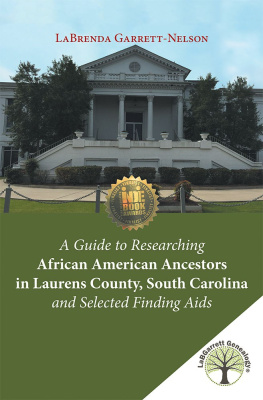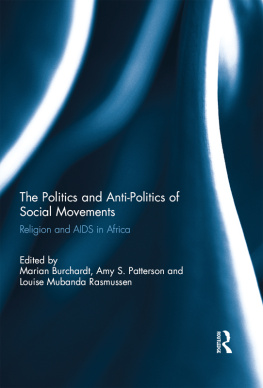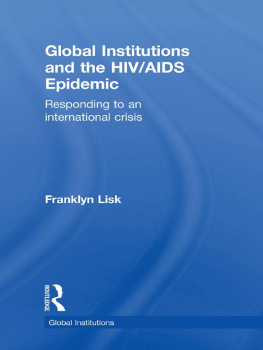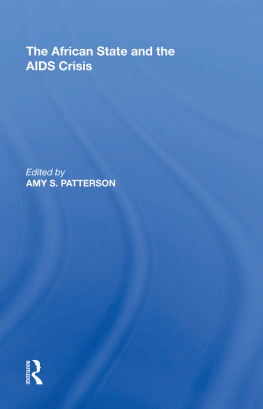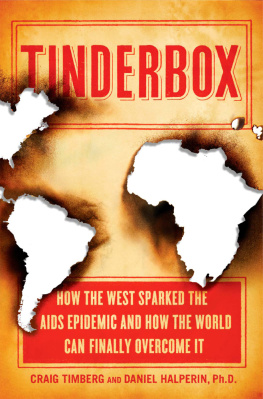David Dickinson - Changing the Course of AIDS: Peer Education in South Africa and Its Lessons for the Global Crisis
Here you can read online David Dickinson - Changing the Course of AIDS: Peer Education in South Africa and Its Lessons for the Global Crisis full text of the book (entire story) in english for free. Download pdf and epub, get meaning, cover and reviews about this ebook. year: 2011, publisher: Cornell University Press, genre: Politics. Description of the work, (preface) as well as reviews are available. Best literature library LitArk.com created for fans of good reading and offers a wide selection of genres:
Romance novel
Science fiction
Adventure
Detective
Science
History
Home and family
Prose
Art
Politics
Computer
Non-fiction
Religion
Business
Children
Humor
Choose a favorite category and find really read worthwhile books. Enjoy immersion in the world of imagination, feel the emotions of the characters or learn something new for yourself, make an fascinating discovery.

- Book:Changing the Course of AIDS: Peer Education in South Africa and Its Lessons for the Global Crisis
- Author:
- Publisher:Cornell University Press
- Genre:
- Year:2011
- Rating:3 / 5
- Favourites:Add to favourites
- Your mark:
Changing the Course of AIDS: Peer Education in South Africa and Its Lessons for the Global Crisis: summary, description and annotation
We offer to read an annotation, description, summary or preface (depends on what the author of the book "Changing the Course of AIDS: Peer Education in South Africa and Its Lessons for the Global Crisis" wrote himself). If you haven't found the necessary information about the book — write in the comments, we will try to find it.
Changing the Course of AIDS is an in-depth evaluation of a new and exciting way to create the kind of much-needed behavioral change that could affect the course of the global health crisis of HIV/AIDS. This case study from the South African HIV/AIDS epidemic demonstrates that regular workers serving as peer educators can be asor even moreeffective agents of behavioral change than experts who lecture about the facts and so-called appropriate health care behavior. After spending six years researching the response of large South African companies to the epidemic that is decimating their workforce as well as South African communities, David Dickinson describes the promise of this grassroots interventionworkers educating one another in the workplace and communityand the limitations of traditional top-down strategies.
Dickinsons book takes us right into the South African workplace to show how effective and yet enormously complex peer education really is. We see what it means when workers directly tackle the kinds of sexual, gender, religious, ethnic, and broader social and political taboos that make behavior change so difficult, particularly when that behavior involves sex and sexuality. Dickinsons findings show that people who are not officially health care experts or even health care workers can be skilled and effective educators. In this book we see why peer education has so much to offer societies grappling with the HIV/AIDS epidemic and why those interested in changing behaviors to ameliorate other health problems like obesity, alcoholism, and substance abuse have so much to learn from the South African example.
David Dickinson: author's other books
Who wrote Changing the Course of AIDS: Peer Education in South Africa and Its Lessons for the Global Crisis? Find out the surname, the name of the author of the book and a list of all author's works by series.




